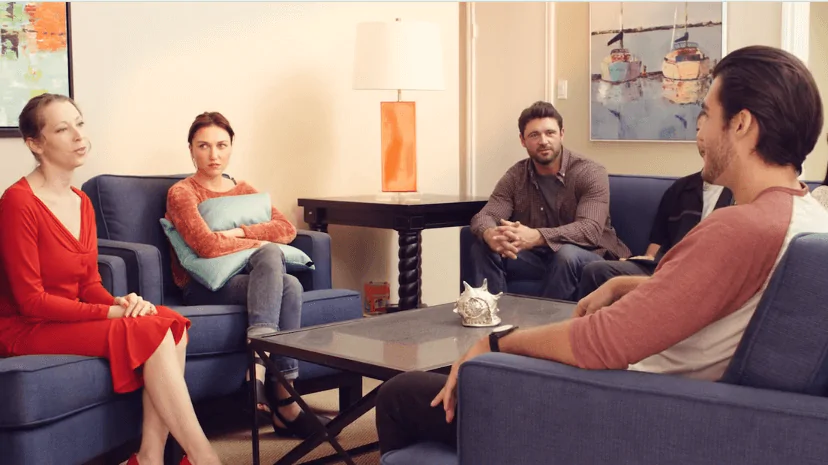24/7 Helpline:
(866) 899-221924/7 Helpline:
(866) 899-2219
Other Insurance Options

Group Health Incorporated

Health Choice

Amerigroup

Magellan

Medical Mutual of Ohio

MVP Healthcare

UMR

Optum

Coventry Health Care

Providence

Oxford

Lucent

Molina Healthcare

Carleon

American Behavioral

Covered California

GEHA

Access to Recovery (ATR) Voucher

BlueCross

Kaiser Permanente






















